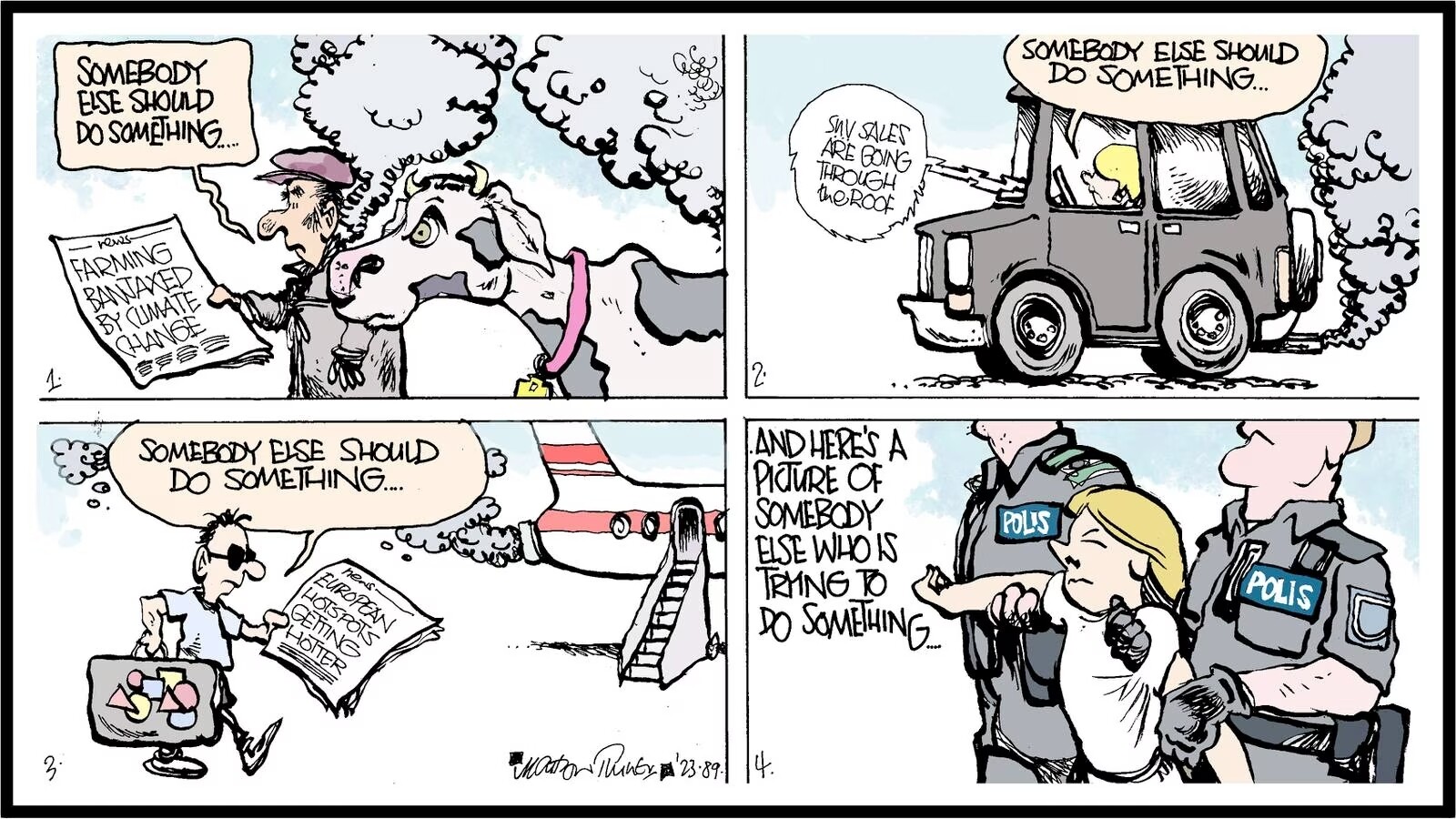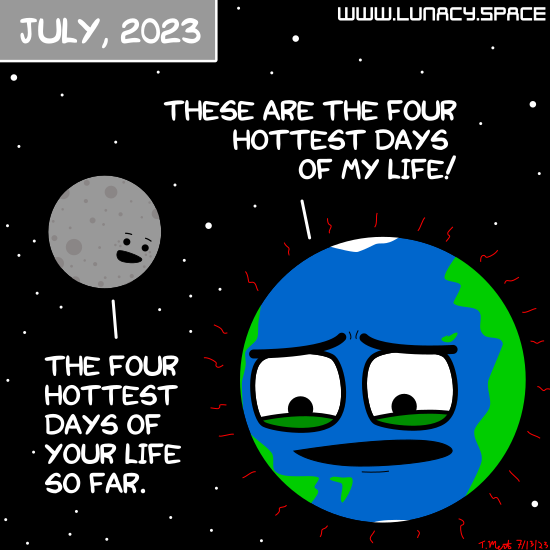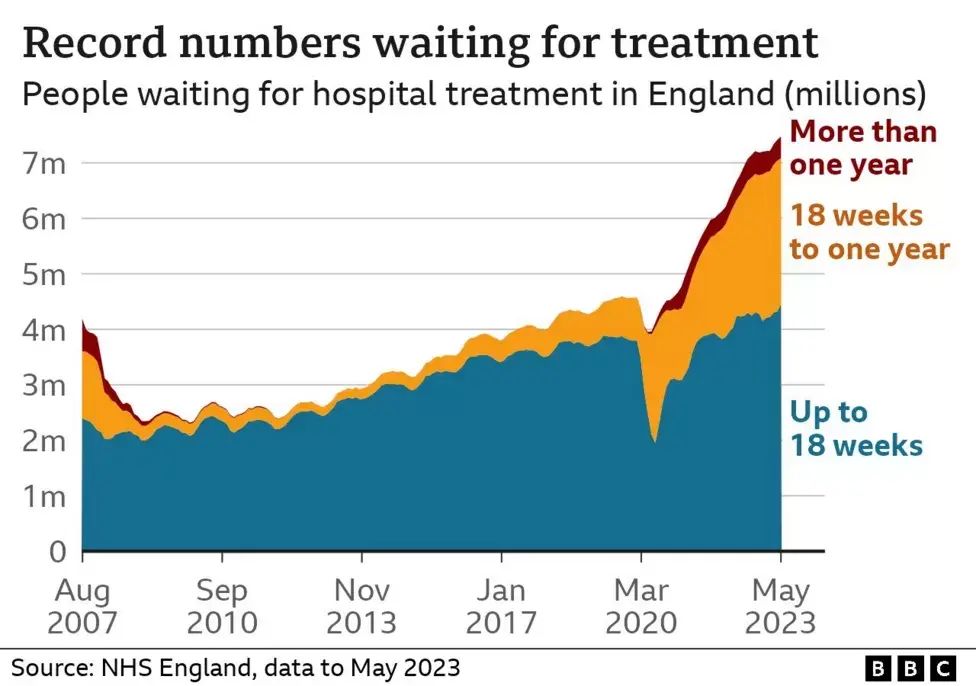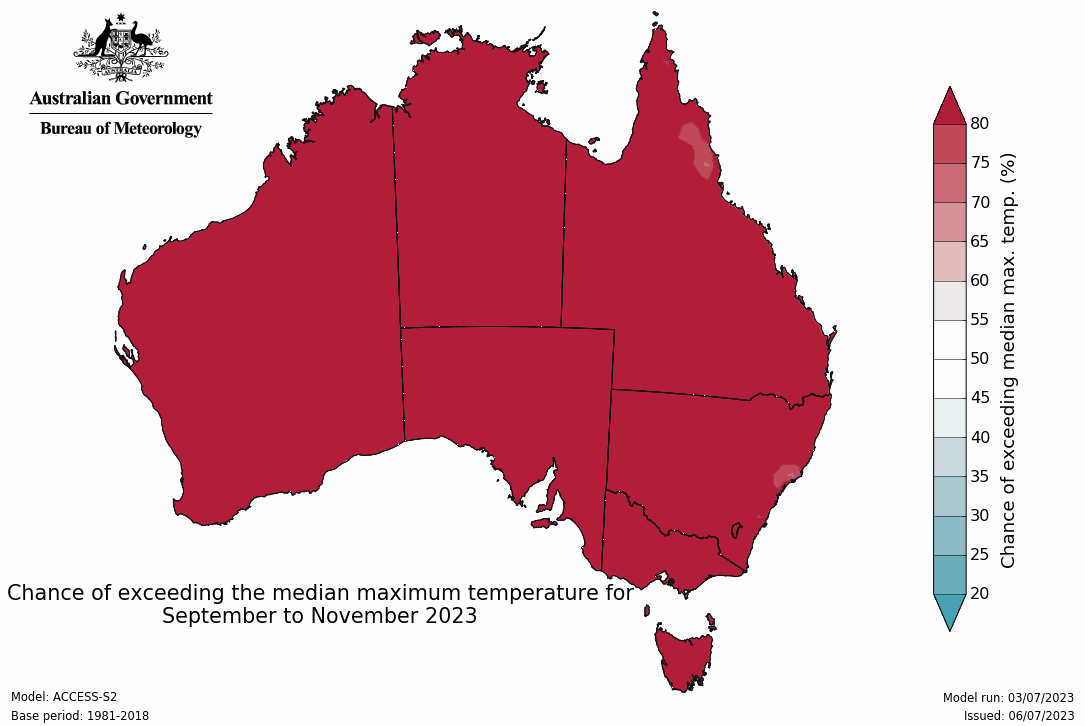Climate Crisis, Biosphere & Societal Collapse
A place to share news, experiences and discussion about the continuing climate crisis, societal collapse, and biosphere collapse. Please be respectful of each other and remember the human.
Long live the Lützerath Mud Wizard.
Useful Links:
Earth - A Global Map of Wind, Weather and Ocean Conditions - Use the menu at bottom left to toggle different views. For example, you can see where wildfires/smoke are by selecting "Chem - COsc" to see carbon monoxide (CO) surface concentration.
Climate Reanalyzer (University of Maine) - A source for daily updated average global air temps, sea surface temps, sea ice, weather and more.
National Weather Service Climate Prediction Center (US) - Information about ENSO and weather predictions.
National Oceanic and Atmospheric Association (NOAA) Global Temperature Rankings Outlook (US) - Tool that is updated each month, concurrent with the release of the monthly global climate report.
Canadian Wildland Fire Information System - Government of Canada
Surging Seas Risk Zone Map - For discovering which areas could be underwater soon.
Check out our sister sub for collapse-related memes and silly stuff, Faster Than Expected!
AKA
c/fte@supoli.xyz
Alternative community on Reddthat
If there are any links you think are important that should be added to the list, please send a message and let me know.
Thanks for coming to c/collapse!
This is a supoli.xyz community.
SUPOLI GENERAL RULES:
- Remember the human! (no harassment, threats, etc.)
- No racism or other discrimination
- No Nazis, QAnon or similar whackos and no endorsement of them
- No porn
- No ads or spam
- No content against Finnish law



